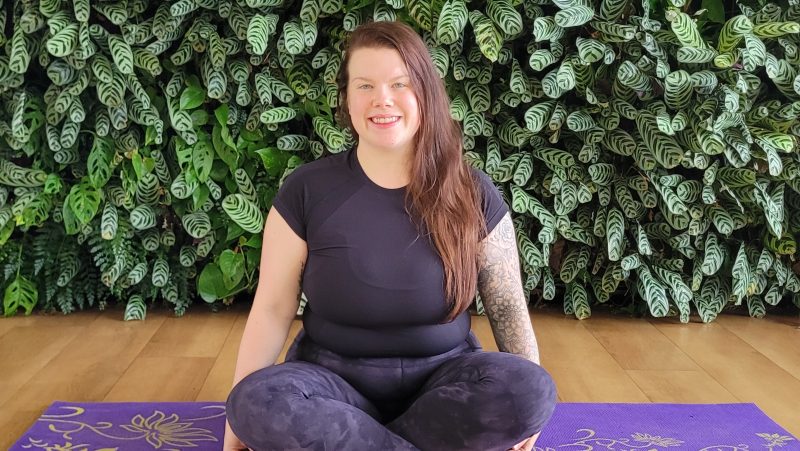
An Ayurvedic Guide to Thriving in the Cold Months
Many people view winter as dreary and gloomy while it is a time of cosy, togetherness for some. Nature works in magical ways, and the change of seasons is one of them. Without cold, snowy days- we couldn’t appreciate the hot summer days. Winter is a time to reset, rest, and rejuvenate because that’s what nature does during the cold months, too.
Reading time: 2 minutes
It’s a beautiful time to recharge because it's not necessary (or realistic) to always be productive without burnout. Trust me, your mind and body will thank you for the chill phase; it's just a phase.
The principle of Ayurveda says the opposite balance. For example, in the hot summer, it's helpful to eat cooling foods like cucumbers (which might seem obvious), and in dry and cool autumn, Ayurveda recommends using warm sesame oil for massage. The same applies for freezing winter.
In Ayurveda, winter is the Kapha season. Kapha's characteristics are cold, heavy, humid, grounded, and slow—a lot like winter—no wonder some animals use this time to hibernate. Vata and Pitta are the two other doshas and coincide with seasons, too. Everyone has their unique dosha type, and in the winter, many people can find an imbalance in their Kapha dosha. Using these tips can make your season smoother, whether Vata, Pitta, or Kapha. However, some tips might need to be customized to your dosha type.
Nutrition
- Nourish your body with warm, cooked foods seasoned with garlic, black pepper, and chilli peppers. Winter is not the best time for cold, raw foods because it makes your digestion work harder and even that needs a rest.
- Drinking warm or hot drinks all day is a great way to keep your body warm, reduce congestion, and stimulate your digestive fire (agni).
- Legumes are great for the Kapha dosha and Kapha seasons because they are warm, filling, and light. When cooked properly, they help reduce water retention. For example, soak dry legumes in water before cooking instead of choosing canned versions.
- Reduce dairy intake as it is cooling and can make your body more susceptible to cold and increase mucus production.
Routine
- Wake up by 6 AM (the Kapha phase is 6-10 a.m.), use a tongue scraper to remove the toxins accumulated overnight, and use nose oil to help lubricate the nasal passage and make breathing easier. Kapha reigns the respiratory system, which needs more love and support in the cold.
- Take a warm shower or bath and massage your body with warming oils like sunflower or mustard.
- Practice daily abhyanga, an Ayurvedic self-massage that shows self-love while releasing tension and toxins in your muscles.
- Try some yoga or exercise before 10 a.m. to wake your body up. Some people (Vata) do best with gentle exercises like Tai Chi, and some (Kapha) do best with strenuous exercises in winter to warm their bodies. While others (Pitta) can take walks outside in nature by bodies of water. You will know what is best for you more than anyone else. Everyone can also try going for a 10-20-minute walk outside to get some sunshine in the morning.
- Rest as much as you need, both because your body needs it and because it is also a time when nature is resting and recuperating. However, try not to nap during the day; instead, keep an early wake-up and bedtime around 10 p.m.
- Maintain a routine because it is easiest to want to sleep in, skip your exercises, stay indoors, and overindulge in desserts during this time, but it's also important to prioritise daily habits because your body loves routine.





